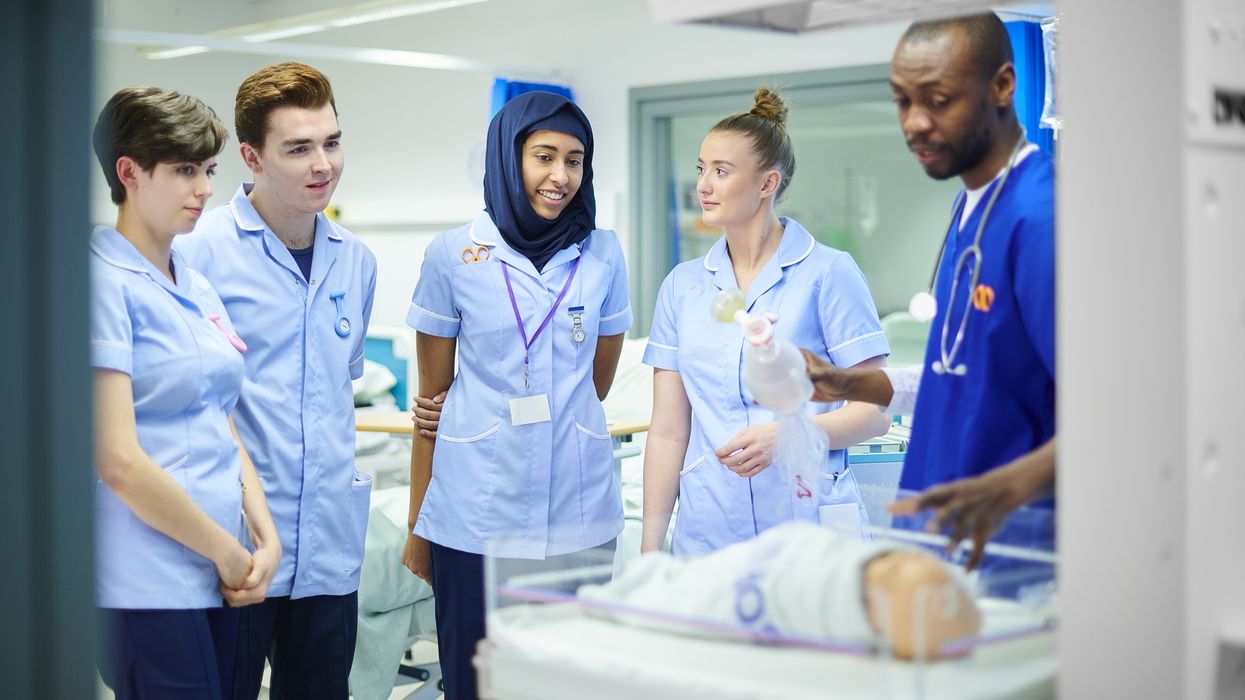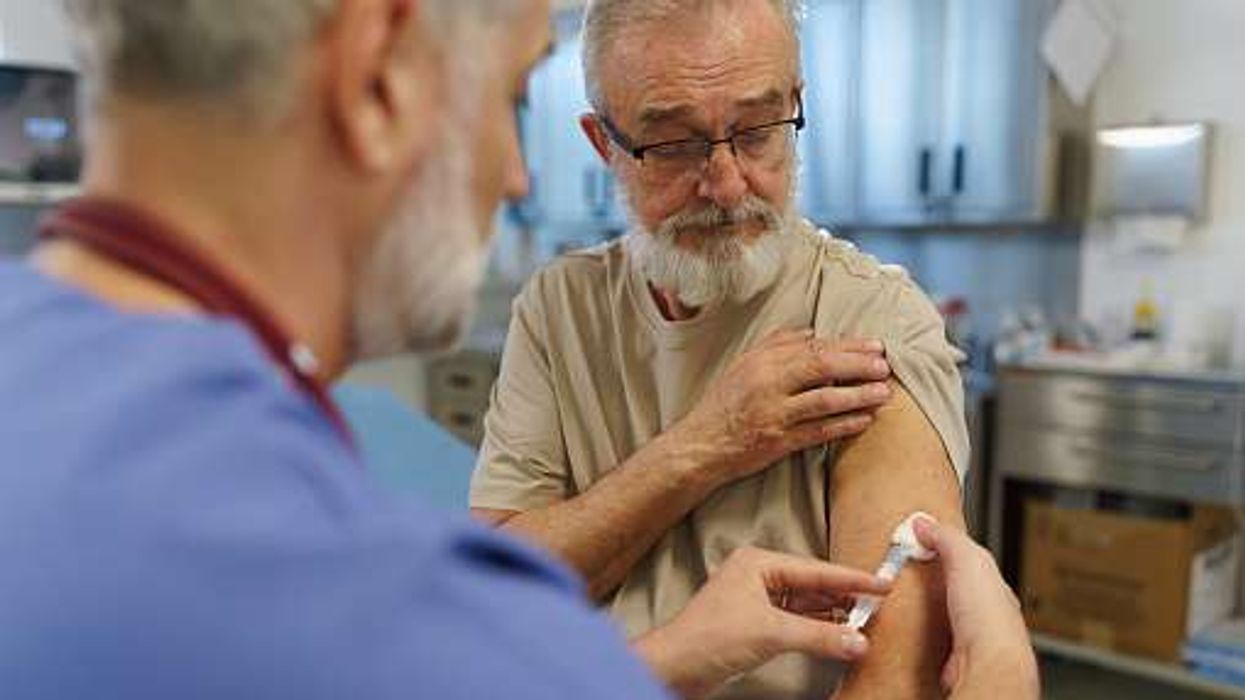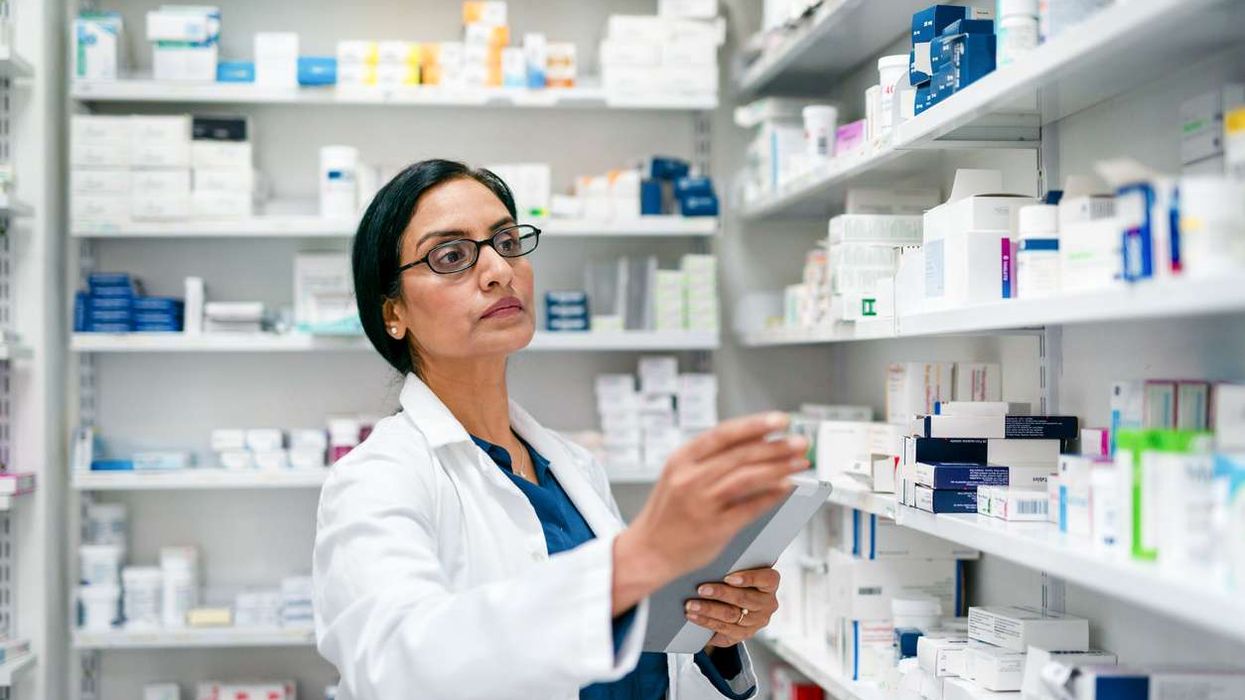Wes Streeting recently announced his plans to bolster the economy through the life sciences sector
“The UK remains genuinely world-leading for life sciences in numerous areas – yet we continue to underperform on our potential,” said Richard Torbett, Chief Executive of the Association of the British Pharmaceutical Industry (ABPI).
His statement is based on recent government data indicating that the UK is not fully capitalizing on its strong historical and institutional advantages in life sciences across a range of economic, health, and research indicators.
The latest ‘Life sciences competitiveness indicators 2024’ report from the government’s Office for Life Sciences revealed that while the pharmaceutical industry leads in R&D spending with £9 billion in 2022, representing a fifth of total business investment, the country saw a notable decline in foreign direct investment (FDI), industry clinical trials, and exports.
In 2023, FDI dropped by 21 per cent to £0.8 billion, following a trend that saw a 52 per cent decrease over the previous two years, including a £0.9 billion fall in FDI the year prior.
Moreover, 2023 marked the first year since 2012 without any Initial Public Offerings (IPOs) in the UK's life sciences sector.
Recruitment to interventional industry clinical trials in England also declined by 9.2 per cent, falling from 19,984 in 2022/23 to 18,140 in 2023/24.
Furthermore, the report highlighted that the UK lags in adopting new treatments and innovations within the NHS.
Despite these challenges, the report showed positive growth in pharmaceutical manufacturing, with GVA reaching £13.7 billion in 2021. The UK's strong performance in producing graduates in natural sciences, mathematics, and statistics positions it as having one of the top pharmaceutical workforces globally, second only to India.
The report emphasised the need for government support, recommitting to the previously announced £520 million life sciences capital grants programme, to unlock further growth potential.
Based on its performance in graduate numbers from natural sciences, mathematics, and statistics programs, the UK has the potential to offer one of the strongest pharmaceutical workforces globally, ranking second among comparator nations, after India, it noted.
The UK remains third globally in medical sciences academic citations, showcasing opportunities for international collaboration.
The UK ranks third globally, after China and the USA, for the percentage of global medical sciences academic citations.
According to the ABPI, this demonstrates the quality of the UK's academic institutions and highlights opportunities for collaboration in life sciences.
Torbett identified “embedding innovation into healthcare” as the biggest challenge in enhancing UK competitiveness and attracting investment.
“This is why the new government needs to deliver on Wes Streeting’s promise to make sure the Department of Health and Social Care is no longer simply a public services department but also an economic growth department.”
Speaking at the Tony Blair Institute Future of Britain Conference, the new Secretary of State for Health and Social Care announced his plans to boost the economy through the life sciences sector.
Streeting said, “One of the things I've said to my department and to the NHS is we need to rethink our role in government and in our country at large. This is no longer simply a public services department. This is an economic growth department, and the health of the nation and the health of the economy are inextricably linked.”
“If we can marry our health and social care system with the incredible life sciences and med tech ecosystem we have in this country, we can be a powerhouse for the life sciences and med tech revolution here in this country and in the world. And that is an economic growth mission.”
Torbett agreed, stressing that “with the right outlook, the health system can become an active partner for life science innovation and discovery.”













